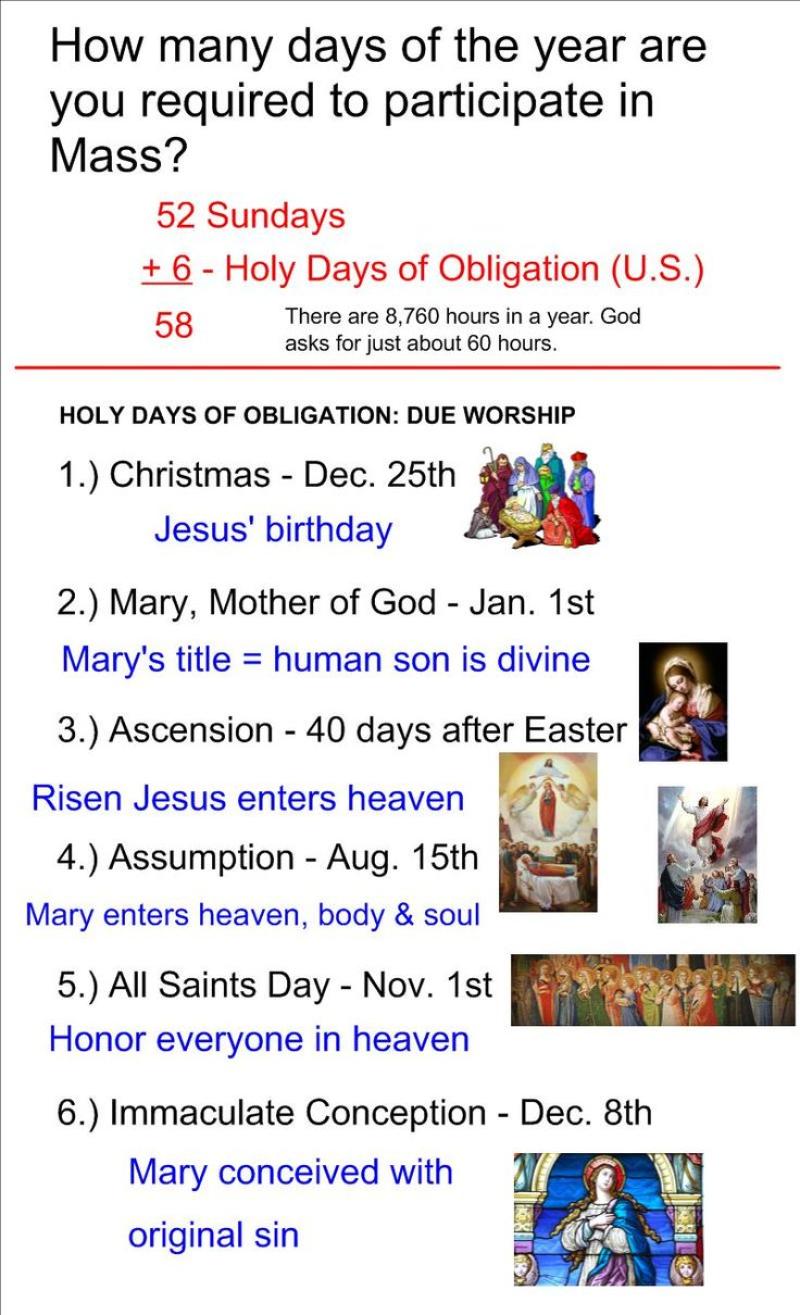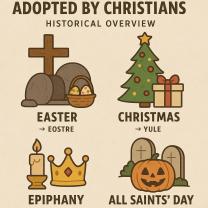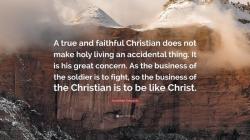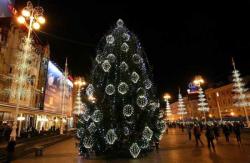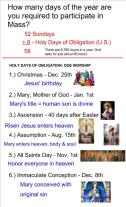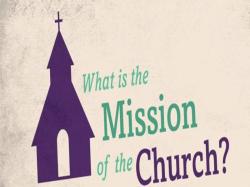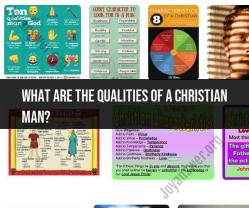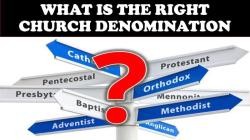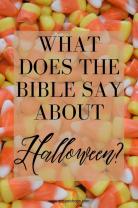What are the important days for the Catholic Church?
The Catholic Church observes a liturgical calendar that marks various important days and seasons throughout the year. This liturgical calendar helps guide worship and prayer, highlighting significant events in the life of Jesus Christ and key themes of the Christian faith. Here are some of the important days and seasons in the Catholic liturgical calendar:
Advent:
- Begins: Sunday closest to November 30
- Ends: December 24
- Advent marks the beginning of the liturgical year. It is a season of preparation and anticipation for the celebration of the birth of Jesus Christ at Christmas.
Christmas:
- Date: December 25
- Christmas celebrates the birth of Jesus Christ, the Son of God, and is one of the most significant feasts in the Christian calendar.
Epiphany:
- Date: January 6 (or the Sunday between January 2 and January 8)
- Epiphany commemorates the visit of the Magi to the infant Jesus, emphasizing the manifestation of Christ to the Gentiles.
Ordinary Time (1st Period):
- Begins: Monday after the Feast of the Baptism of the Lord
- Ends: Tuesday before Ash Wednesday
- Ordinary Time is divided into two periods during the liturgical calendar, with the first period occurring between the Feast of the Baptism of the Lord and Ash Wednesday.
Lent:
- Begins: Ash Wednesday (movable date, approximately 40 days before Easter)
- Ends: Holy Saturday (the day before Easter)
- Lent is a season of penance, reflection, and preparation for Easter. It lasts for 40 days, symbolizing Jesus' 40 days of fasting in the desert.
Holy Week:
- Begins: Palm Sunday (the Sunday before Easter)
- Ends: Holy Saturday (the day before Easter)
- Holy Week includes significant events such as Jesus' triumphal entry into Jerusalem, the Last Supper, Good Friday (the crucifixion), and Holy Saturday.
Easter:
- Date: Movable (the first Sunday after the first full moon following the vernal equinox)
- Easter is the celebration of Jesus Christ's resurrection from the dead, signifying victory over sin and death. It is the most important feast in the Christian calendar.
Divine Mercy Sunday:
- Date: The Sunday after Easter
- Instituted by St. John Paul II, Divine Mercy Sunday focuses on the mercy of God, particularly in relation to the revelations received by St. Faustina Kowalska.
Ordinary Time (2nd Period):
- Begins: Monday after Pentecost
- Ends: Saturday before the First Sunday of Advent
- The second period of Ordinary Time occurs after Pentecost and before the beginning of Advent.
Feast of the Ascension:
- Date: 40 days after Easter (Thursday)
- Celebrates the ascension of Jesus into heaven.
Pentecost:
- Date: 50 days after Easter (Sunday)
- Commemorates the descent of the Holy Spirit upon the apostles, empowering them to spread the message of Christ.
Feast of the Most Holy Trinity:
- Date: Sunday after Pentecost
- Celebrates the Christian doctrine of the Trinity: one God in three persons – Father, Son, and Holy Spirit.
Feast of the Most Holy Body and Blood of Christ (Corpus Christi):
- Date: Thursday after Trinity Sunday (or the Sunday after Trinity Sunday in some regions)
- Celebrates the real presence of Jesus Christ in the Eucharist.
Feast of the Sacred Heart of Jesus:
- Date: Nineteen days after Pentecost (Friday)
- Focuses on devotion to the Sacred Heart of Jesus, symbolizing Christ's love and compassion.
Feast of the Immaculate Heart of Mary:
- Date: The day after the Feast of the Sacred Heart (Saturday)
- Honors the Immaculate Heart of Mary, emphasizing her love, purity, and compassion.
These are just some of the key dates and seasons in the Catholic liturgical calendar. The liturgical calendar is a cyclical structure, and each year, Catholics engage in a rhythm of worship and reflection centered around these important feasts and seasons. Keep in mind that some dates may vary depending on the particular liturgical calendar used in different Catholic rites or regions.
Significant and Holy Days in the Catholic Calendar:
- Holy Days of Obligation: These are days when all Catholics are obliged to attend Mass, unless they have a serious reason not to. In the United States, these include:
- Solemnity of Mary, Mother of God (Jan 1st)
- Ascension of the Lord (Forty days after Easter)
- Assumption of the Blessed Virgin Mary (Aug 15th)
- All Saints (Nov 1st)
- Nativity of the Lord Jesus (Christmas) (Dec 25th)
- Other Important Feasts:
- Epiphany (Jan 6th): Celebrates the visit of the Magi to the baby Jesus.
- Corpus Christi (Thursday after Trinity Sunday): Celebrates the Eucharist.
- All Souls' Day (Nov 2nd): Day to pray for the deceased.
- Feasts of Saints: Catholics celebrate the lives and works of particular saints on their designated feast days.
- Sundays: Every Sunday is a holy day in the Catholic tradition, marking the resurrection of Jesus.
How Catholics Mark Important Occasions:
- Mass: Attending Mass is central to celebrating most holy days and feast days.
- Special Mass Ceremonies: Certain feast days have unique Mass readings, hymns, and traditions specific to their meaning.
- Fasting and Abstinence: Certain days call for fasting (one meal) or abstinence (no meat) as a spiritual preparation or practice of sacrifice.
- Processions: Some feasts involve processions with statues or relics of saints through the streets.
- Feasts and Festivals: Many communities organize cultural celebrations with food, music, and dancing to mark specific occasions.
- Family Traditions: Many families have their own traditions for celebrating particular feasts, like Christmas or Easter, with special meals, decorations, or prayers.
Variations in Celebrations:
- Local Customs: Some celebrations have local variations and traditions depending on the cultural context and history of the region.
- Rite Differences: The Catholic Church has different liturgical rites (Roman, Byzantine, etc.), which may have slightly different liturgical practices for certain feasts.
- Emphasis on Different Saints: Different communities may have a particular devotion to certain saints, leading to more elaborate celebrations of their feast days.
Ultimately, the way Catholics mark important occasions and feast days can vary depending on specific traditions, community practices, and individual preferences. While some core practices like attending Mass are universal, the celebrations often reflect the rich tapestry of cultures and spiritual experiences within the Catholic faith.
I hope this information helps! Let me know if you have any other questions.
